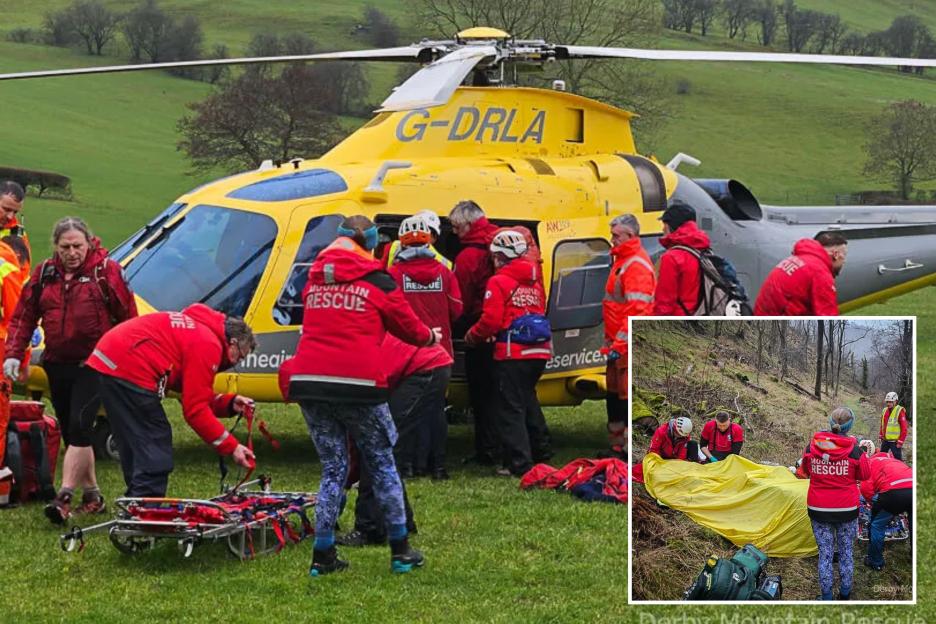A CASE of “mad cow disease”;; has been discovered on a farm in Essex, officials say.
The cow showed symptoms of the deadly disease â formally known as (BSE) â that ravaged Britain’s cattle herds in the 1990s and led to millions of cattle being slaughtered.
 A cow on a farm in Essex had to be culled after it showed symptoms of BSE
A cow on a farm in Essex had to be culled after it showed symptoms of BSE
An atypical case of BSE was confirmed when the cow was humanely culled and tested for disease, according to the Animal and Plant Agency.
Experts say there is no risk to public health or food safety as the animal was not destined to enter the food chain.
Chief veterinary officer Christine Middlemiss said: “A single case of atypical BSE has been confirmed on a farm in .
“The animal died on farm and was tested as part of our strict routine controls and surveillance regime.
“Atypical BSE is distinct from classical BSE and is a spontaneously and sporadically occurring, non-contagious disease which is believed to occur at a very low level in all cattle populations.
“This is proof that our surveillance system for detecting and containing this type of disease is working.”;;
Unlike the atypical variant, scientists say that classical BSE is spread through contaminated feed.
Over 184,000 cows in the UK died from BSE and over 4.4 million cattle were slaughtered to stop the disease from spreading.
It also caused cases of the fatal variant Creutzfeldt-Jakob disease (vCJD) in humans.
Professor Neil Mabbott, Personal Chair in Immunopathology, explained: “Very occasionally, rare atypical cases of BSE are sporadically detected in cattle, but these are considered non-contagious and are not linked to an infectious origin.
“Four cases of atypical BSE have been detected in the UK in the past ten years.
“This current case was detected through the routine surveillance and testing brain tissues from fallen stock animals.”;;
Mabbott added that strict control measures to prevent the spread of BSE in cattle and animals have been effective so far as there have been no cases of the human variant vCJD since the 1990s.
Dr James Cooper, deputy director of food policy at the Food Standards Agency. said: “There is no food safety risk.
“There are strict controls in place to protect consumers from the risk of BSE, including controls on animal feed, and removal of the parts of cattle most likely to carry BSE infectivity.
“Consumers can be reassured that these important protection measures remain in place and that Food Standards Agency official veterinarians and meat hygiene inspectors working in all abattoirs in will continue to ensure that the safety of consumers remains the top priority.”;;
It comes as awas reported on a farm in Somerset in September 2021.
Prior to that, a at a farm in Aberdeenshire in October 2018 â the first case of the disease in three years in the UK and the first confirmed in Scotland since 2008.
Previously, a dead cow with the disease was discovered in Wales in 2015.







